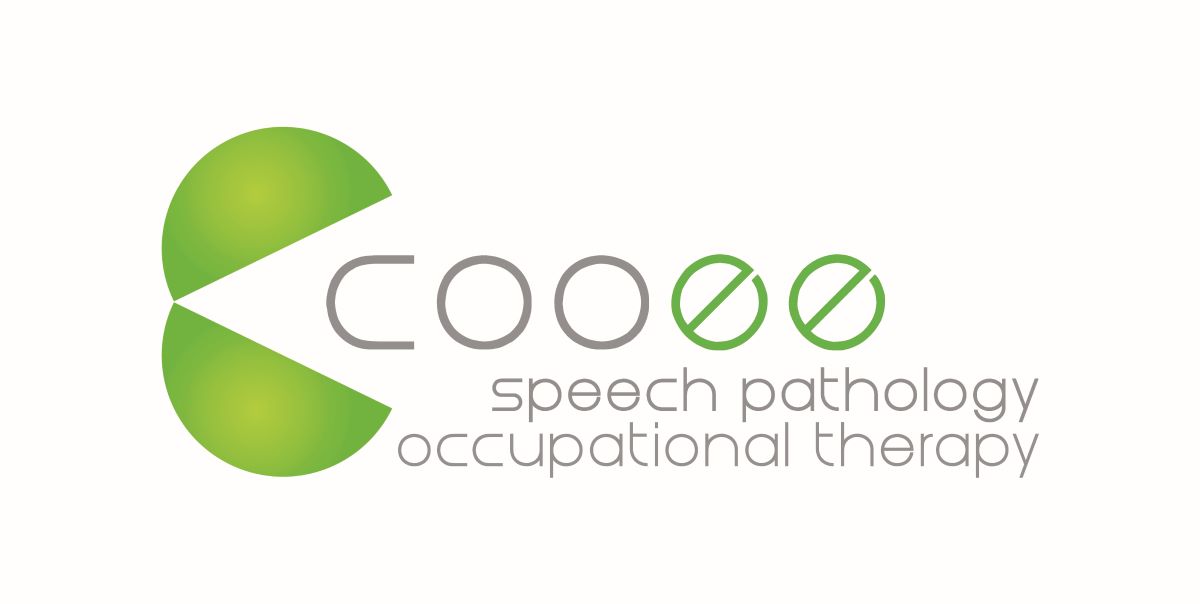Scope of Practice (Inclusionary Criteria) – Who we can help
- Children and young adults with developmental disorders, delays or difficulties. This may include toddlers as young as 15 months, but does not generally include support for infants (under 12 months).
- We accept new clients aged under 16 years 11 months. This is based on our intention to support meaningful, developmental goals to help kids develop skills to access their primary environments before they transition to a phase of ongoing life skill maintenance or workplace related skill development.
- We accept returning clients aged over this cut off if a) they are returning within 12 months of their most recent appointment or b) their previous treating therapist indicates suitability & has availability to review their case AND c) their goals remain developmentally focused (i.e. not related to skill maintenance or workplace employment).
- We support clients to transition from Cooee if the following criteria is met. When;
- Their goals are no longer developmentally focused
- Their goals are outside of our scope of practice i.e. including:
- Behaviour support – see Behaviours of Concern (BOC) point below
- AAC device prescription (see below)
- Complex feeding or dysphagia support (incl, PEG, NG Tubes, Swallow ax)
- Their current presentation in the clinic setting doesn’t allow for meaningful engagement in therapy, or endangers themselves, other clients or the clinician physically, emotionally or psychologically.
- The client or their family can no longer identify meaningful participation level goals (i.e. that ongoing therapy is expected to create a change in the client’s participation at the environment level)
Exclusionary criteria
- Clinical services outside of our clinical scope of practice (listed below)
- acquired brain injuries (e.g. childhood stroke)
- vocational or work-related goals
- goals around community independence or skill maintenance – as these are best worked on in community settings.
- infants under 12 months,
- clients needing complex AAC device prescription,
- infant feeding support,
- dysphagia (swallowing disorders) support,
- home modifications
- Children/Young adults (17 years+) who are working on goals related to recruitment, employment, community access (e.g. volunteering, gaining a licence, etc) or maintenance of current life skills (i.e. no longer expected to improve/develop skill set).
- Clients/Young Adults (17 years+) who do not have any participation level goals (ICF), who have an ongoing disability/diagnosis.
In the case of regulation difficulties
For most children, especially those who are still young, having the parent in the session is sufficient to support regulation & manage behaviours when therapy is challenging.
Some children have difficulties with regulation, that can go beyond parent’s ability to support in therapy, including:
- Behaviours of concern that may cause harm to themselves, other children or the Cooee team
- These behaviours may be physical, psychological or emotional in nature
- Safety concerns, e.g. absconding/running out of the clinic
- Documented Positive Behaviour Support Plans (BSP) that include restrictive practices
In these cases, during your Client Journey Planning session the clinician will conduct a risk assessment with you, and form a plan around how to keep your child & other people safe while they attend therapy.
Your therapist will also recommend the best service delivery model for your child, for example, having SP & OT joint sessions, or including an AHA in your session if that is clinically appropriate.
In rare cases where children’s behaviours present an unmanageable risk, you may be referred to another clinic (e.g. mobile therapist) to provide home based services if that is deemed to be the safest option.
If we agree that Cooee is not the right support for your child, we will not charge you for your Client Journey Planning Session.
